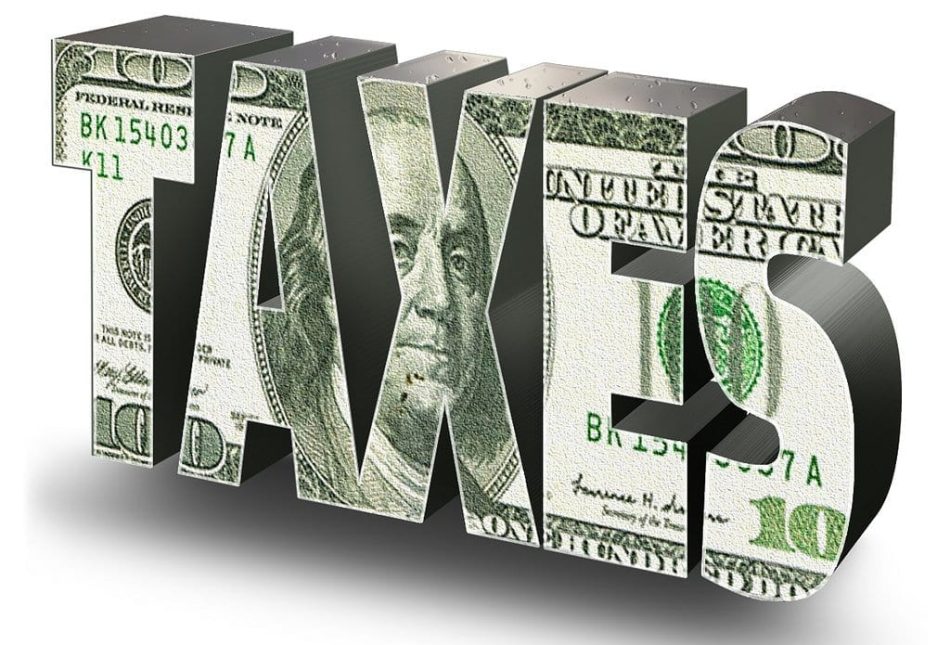City’s Sales Tax Needs Cutting

Albuquerque Mayor Martin Chavez has proposed a one-eighth cent reduction in the gross-receipts tax rate. If the City Council goes along with the plan, the rate charged within the city would drop from 6.875 cents to 6.75 cents on each dollar spent, and $18 million that would have been budgeted by the city would be returned to taxpayers.
Tax cuts are always welcome news for taxpayers, and across-the-board tax cuts (as opposed to cuts that focus on one industry or even company) drive the kind of economic development that will further recent efforts to attract businesses and entrepreneurial activity to the city.
Albuquerque’s gross-receipts tax does untold economic harm to the city. The high rate charged is bad enough— the rate of 6.875 percent is higher than the average sales tax rates found in all but 18 states— but the fact is that this comparison underestimates the true impact of our gross-receipts tax. After all, only two other states (Hawaii and South Dakota, both of which have lower rates) apply their taxes as broadly as we do.
Unlike the sales taxes levied by neighboring states, our gross-receipts tax is levied not only on purchases of specific goods, but also includes services and some business inputs. This creates “tax pyramiding,” an unhealthy situation in which taxes are levied on top of taxes. It is the pyramiding effect that John Carey, president of New Mexico’s Association of Commerce and Industry, calls his organization’s “single greatest concern with New Mexico’s tax system.”
Gross-receipts tax rates in Albuquerque have jumped in recent years. The current 6.875 percent rate is 18 percent higher than it was as recently as 2000, when the rate was only 5.8125 percent.
Obviously, Albuquerque cannot completely abandon or even dramatically alter this burdensome tax structure by itself. And Gov. Bill Richardson and the Legislature are partially responsible for recent increases in gross-receipts tax rates due to the economically-misguided 0.50 percent tax hike that was passed when the state eliminated the gross-receipts tax on groceries a few years ago. Thus, Chavez’s proposed tax cut must be considered a positive, albeit small, first step for the city.
Even after accounting for the statewide half-cent brought on by the grocery tax cut, Mayor Chavez has more tax cutting to do if he wants to come close to creating as favorable a tax climate as the city had in 2000. Albuquerque’s gross-receipts tax would be only 6.3125 percent today if he and Council hadn’t piled on tax hikes of their own.
All of this talk of a tax cuts is welcome, but an even bigger decision will come in 2009, when a final decision must be made on extending the “temporary” transportation tax for streetcars or something else entirely. By then taxpayers will know for sure whether or not a favorable economic climate is really at the top of the local agenda. If that tax is allowed to expire, taxpayers will see a quarter-cent reduction in the gross-receipts tax coming their way, double the size of the mayor’s current proposal.
Repeal of this “temporary” transportation tax will have a far greater impact on Albuquerque’s economic future than the current tax cut will, but if both cuts are made, the gross-receipts tax rate within the city will be back down to a respectable 6.5 percent.
To some observers, heated debates over tax increases and decreases that account for mere fractions of a penny on the dollar may appear overblown, but to small businesses with high overhead costs that make them prone to tax pyramiding, even the smallest cut or increase can be the difference between staying in business and moving elsewhere.
Cutting taxes also sends a message to entrepreneurs and small businesses that they are welcome.
Albuquerque city councilors should put aside their fears of lost revenue and cut the gross-receipts tax now. Furthermore, when the time comes, it should continue additional cuts by not renewing the “temporary” transportation tax.
Paul Gessing is the president of the Rio Grande Foundation, a non-partisan, tax-exempt research and educational organization dedicated to promoting prosperity for New Mexico based on principles of limited government, economic freedom and individual responsibility.

